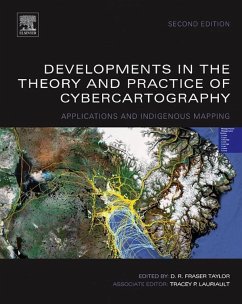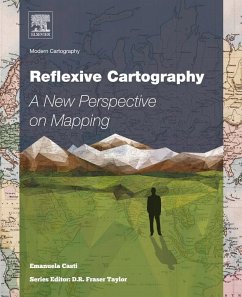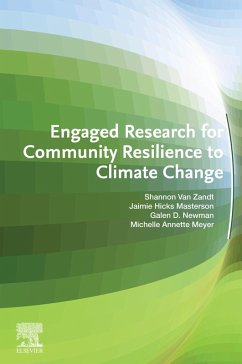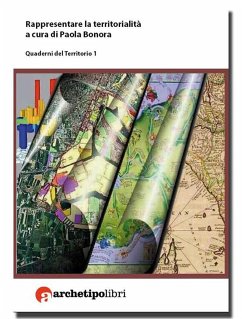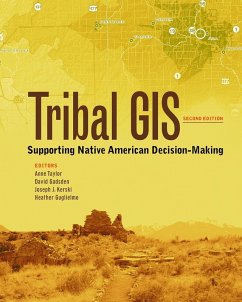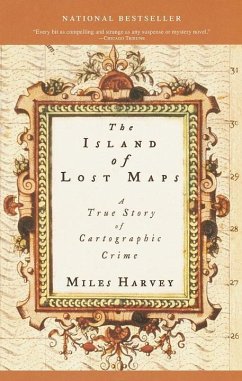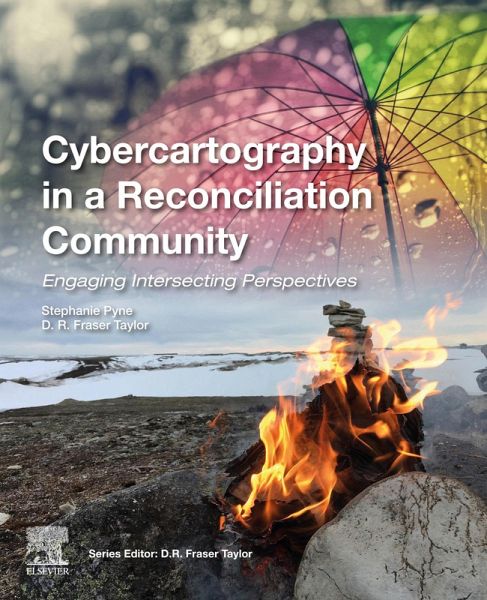
Cybercartography in a Reconciliation Community (eBook, ePUB)
Engaging Intersecting Perspectives
Redaktion: Pyne, Stephanie; Taylor, D. R. Fraser

PAYBACK Punkte
44 °P sammeln!
Cybercartography in a Reconciliation Community: Engaging Intersecting Perspectives, Volume Eight gathers perspectives on issues related to reconciliation-primarily in a residential / boarding school context-and demonstrates the unifying power of Cybercartography by identifying intersections among different knowledge perspectives. Concerned with understanding approaches toward reconciliation and education, preference is given to reflexivity in research and knowledge dissemination. The positionality aspect of reflexivity is reflected in the chapter contributions concerning various aspects of cyb...
Cybercartography in a Reconciliation Community: Engaging Intersecting Perspectives, Volume Eight gathers perspectives on issues related to reconciliation-primarily in a residential / boarding school context-and demonstrates the unifying power of Cybercartography by identifying intersections among different knowledge perspectives. Concerned with understanding approaches toward reconciliation and education, preference is given to reflexivity in research and knowledge dissemination. The positionality aspect of reflexivity is reflected in the chapter contributions concerning various aspects of cybercartographic atlas design and development research, and related activities. In this regard, the book offers theoretical and practical knowledge of collaborative transdisciplinary research through its reflexive assessment of the relationships, processes and knowledge involved in cybercartographic research. Using, most specifically, the Residential Schools Land Memory Mapping Project for context, Cybercartography in a Reconciliation Community provides a high speed tour through the project's innovative collaborative approach to mapping institutional material and volunteered geographic information. Exploring Cybercartography through the lens of this atlas project provides for a comprehensive understanding of both Cybercartography and transdisciplinary research, while informing the reader of education and reconciliation initiatives in Canada, the U.S., the U.K. and Italy. - Includes a variety of examples of reconciliation work, especially related to residential / boarding schools, and examines common themes in the issues discussed - Offers both conceptual and applied dimensions, and provides a good example of a reflexive approach to both research and knowledge dissemination - Addresses a modern application for Cybercartography that is of considerable societal importance - Provides historiographical accounts of atlas-making processes, multidisciplinary perspectives on research issues and conceptual explorations
Dieser Download kann aus rechtlichen Gründen nur mit Rechnungsadresse in A, B, BG, CY, CZ, D, DK, EW, E, FIN, F, GR, HR, H, IRL, I, LT, L, LR, M, NL, PL, P, R, S, SLO, SK ausgeliefert werden.





